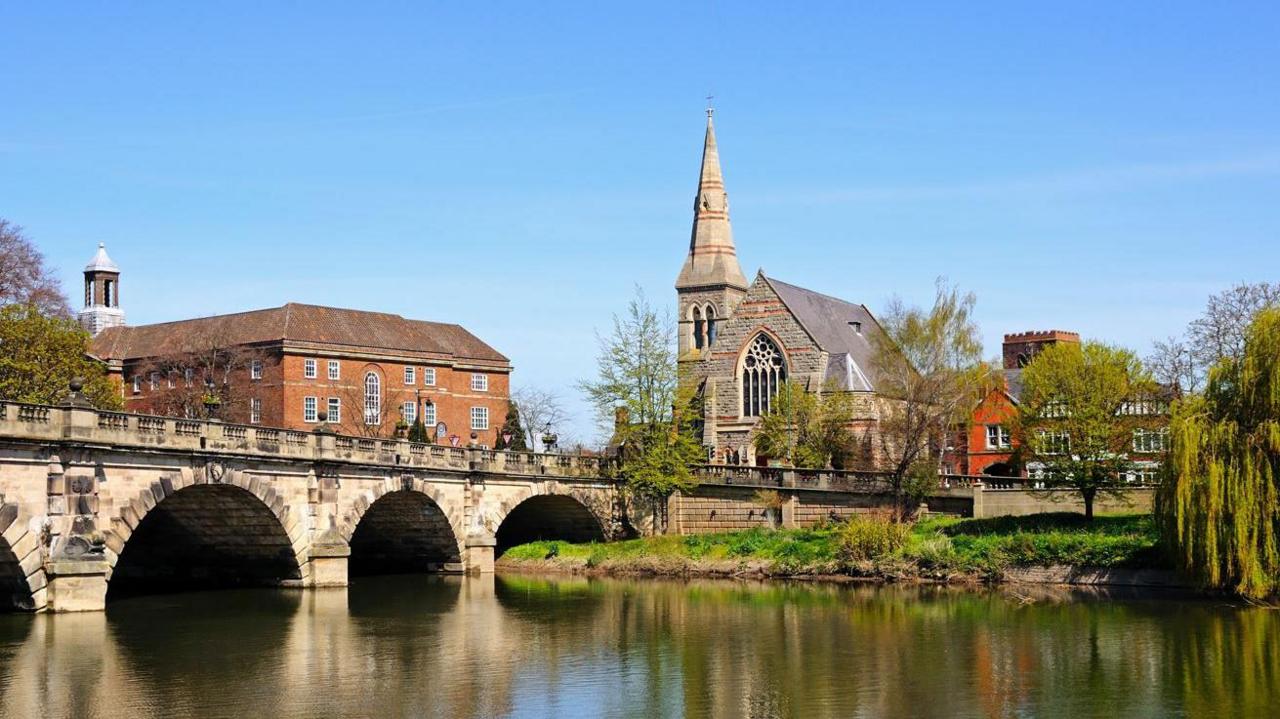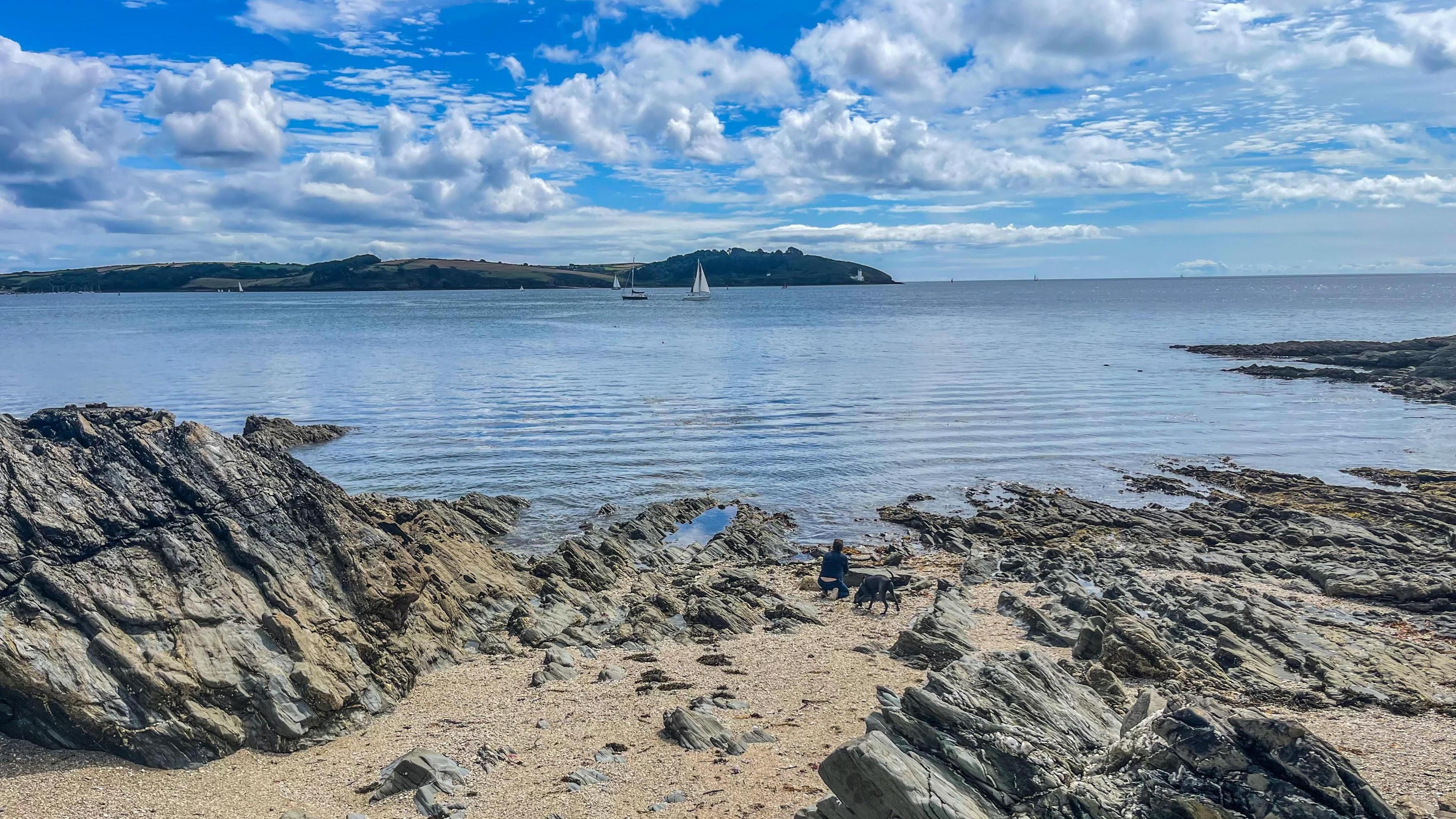How clean are north-west England's bathing waters?
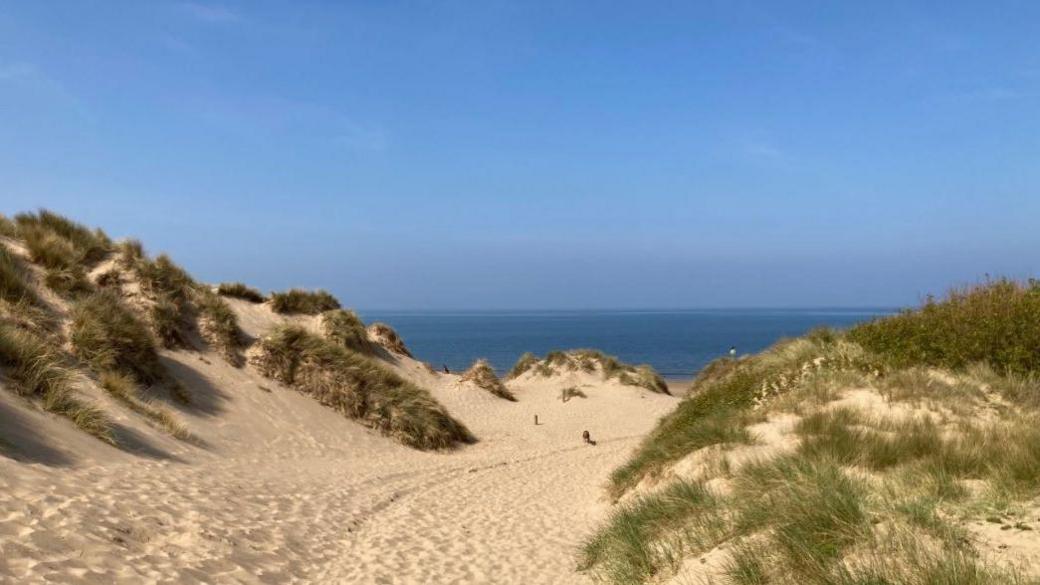
Formby beach is hugely popular with tourists and locals alike
- Published
An Environment Agency officer wades into the sea at Formby beach.
"He's sampling for E. coli and enterococci," explains area manager Pete Miles.
"They're what we call fecal indicators - indicators of the health of the water and the bugs that might make bathers unwell should they ingest them."
A total of 20 samples will be taken at this highly popular Merseyside beach this summer.
The results will be used to produce one of four grades - excellent, good, sufficient or poor.
"At the end of each bathing water season we look at the results for that year and the previous three years," says Mr Miles.
"We then make the decision as to the designation for the bathing water for the following year."
The Environment Agency (EA) and Department for Environment, Food and Rural Affairs (Defra) publish results from bathing spots around England, external.
If an area is deemed to have poor water quality, a warning appears on the site to advise people against bathing there.
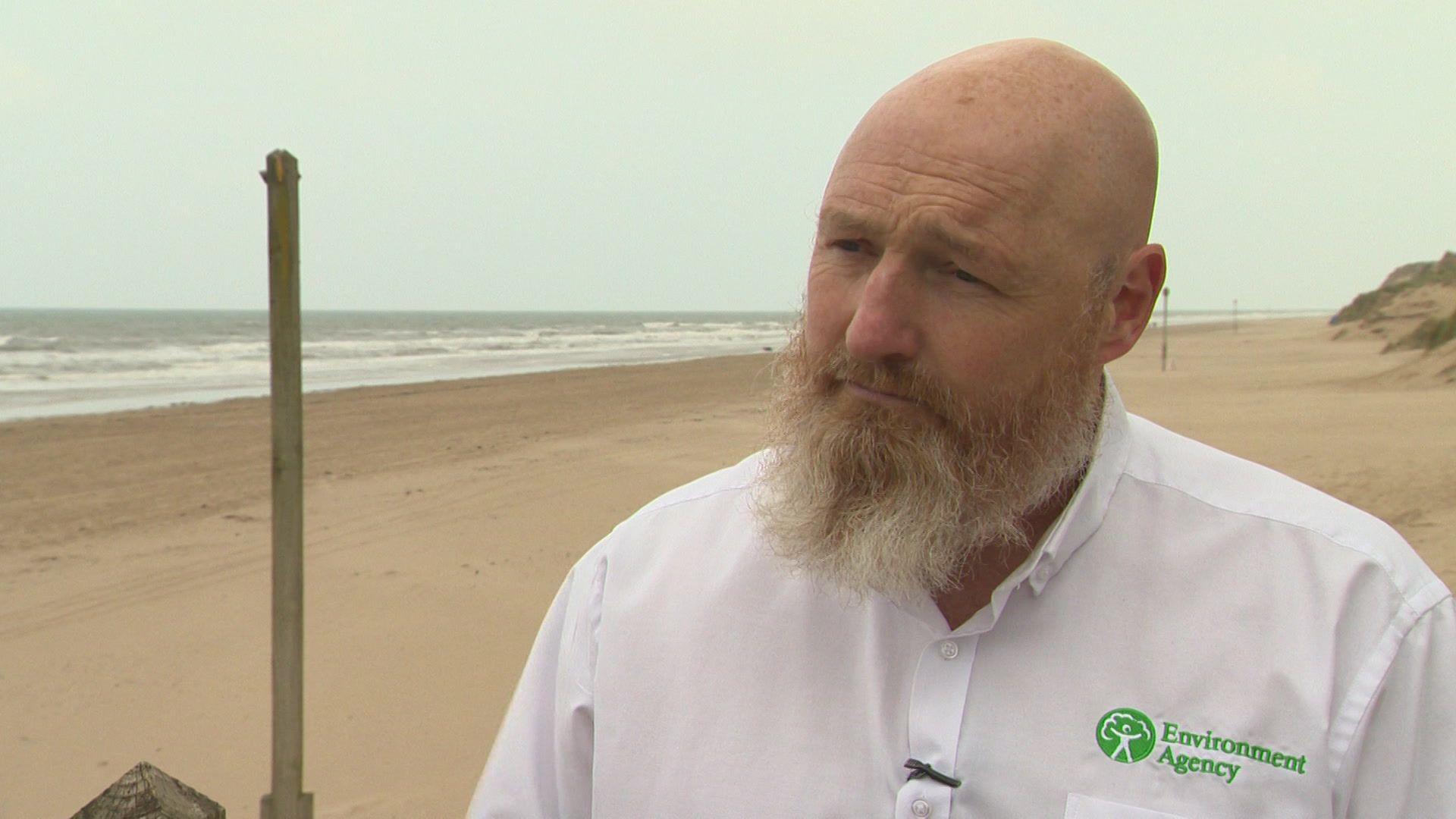
Pete Miles is the Environment Agency's regional manager for Cumbria and Lancashire
Formby has been designated "excellent" for the past 10 years.
Only three other areas in the north-west of England currently share that rating - Moreton in Wirral and two in Cumbria - St Bees and Silecroft.
"You've got about 35 designated bathing waters across the North West," says Simon Holding from United Utilities.
"85% of those meet 'sufficient' and, of those, there's around about 61% that are actually 'good' or 'excellent' water quality."
In Blackpool North and St Annes North, however, bathing is not currently advised.
Anne Aitken, from Cleveleys Dippers, says uncertainty over water quality in St Annes affects everyone.
"Yesterday when it was so hot, St Annes Beach was absolutely full but people are nervous to go in the water.
"It's sad that our children have to be nervous about going in the sea."
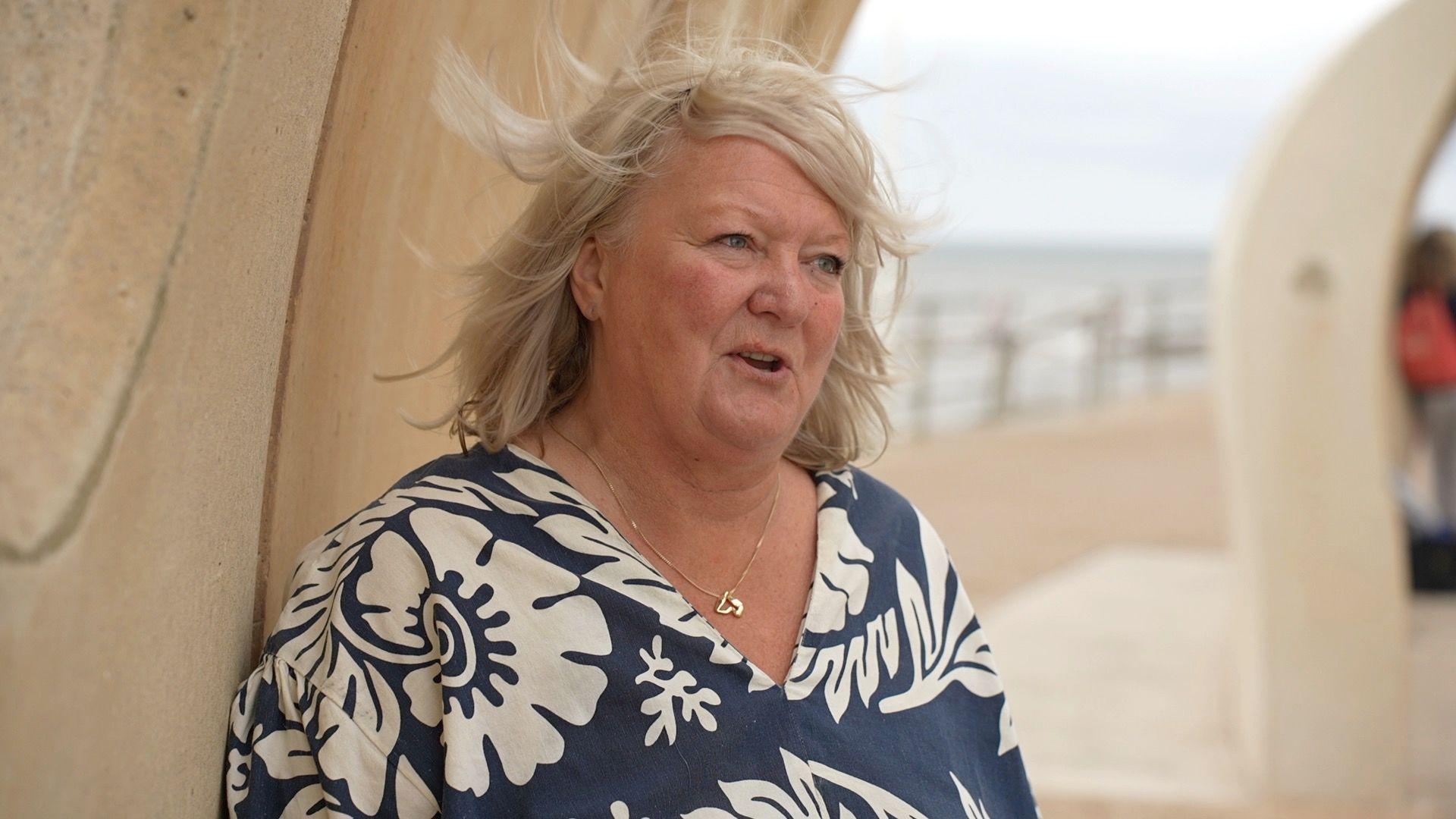
Anne Aitken has always lived in St Annes
Dr Barbara Kneale and Ros Wills, from Fylde Coast Against Sewage, have been campaigning to improve water quality in their part of Lancashire.
Their group has carried out their own regular testing in Fleetwood and St Annes.
"I think if we had a test that you could just go in and show people on that day, display the results, people would be happy," says Dr Kneale.
"They can make their own choices and feel confident about going in the water.
"Also with the sewage, you end up with sanitary products on the beach.
"I think if you look around here today, you can see we were quite shocked at the amount of litter.
"In summer, this is going to be a beach full of little children digging in the sand.
"As a medical professional, it worries me."
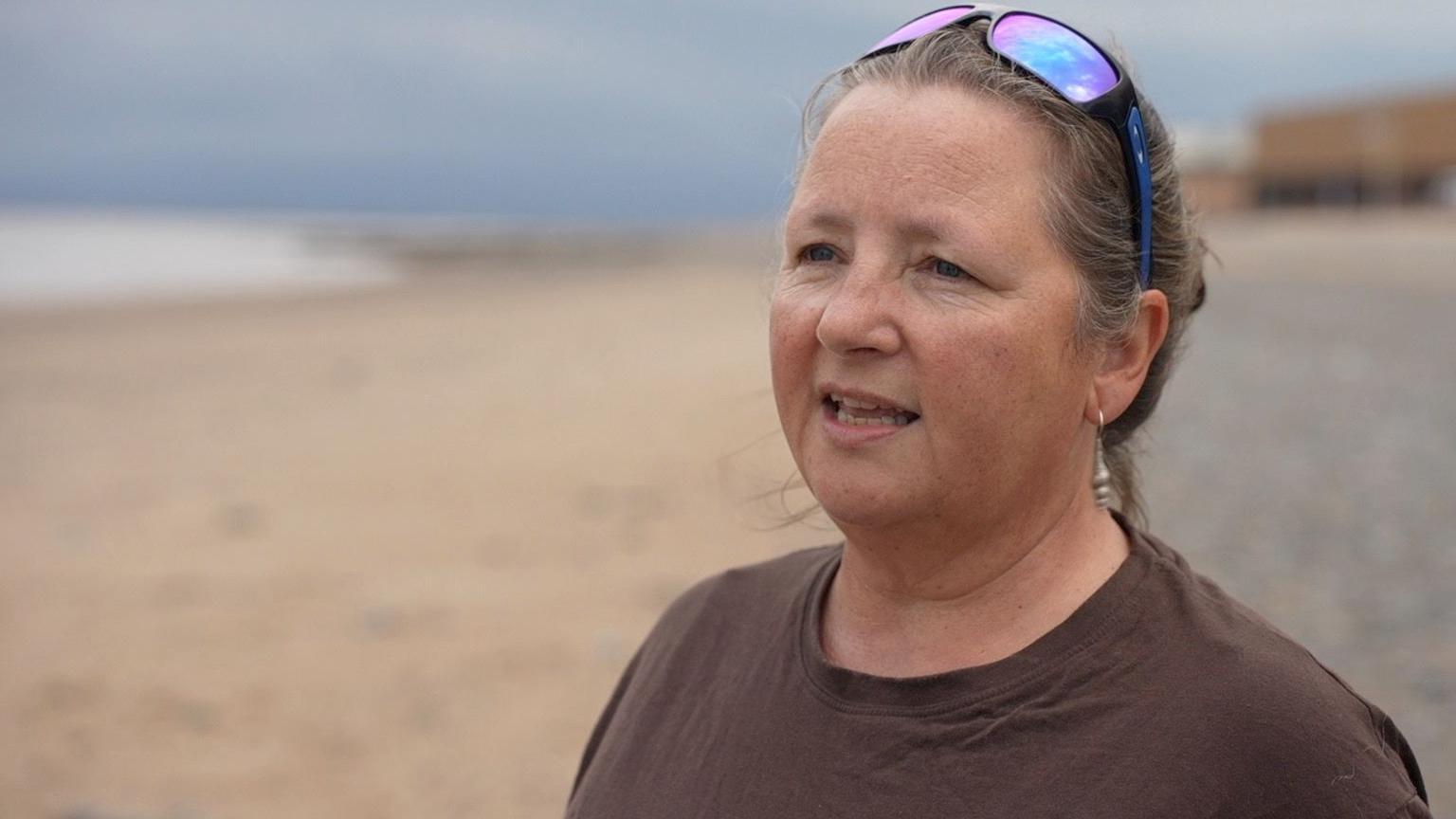
Dr Barbara Kneale describes the current bathing standards as "very complex"
To improve water quality, Dr Ben Surridge, a senior lecturer in environmental science at Lancaster University, says the UK needs to reduce pollution sources and invest more.
"Other European countries use a similar system to monitor and classify their bathing waters to the ones we use in the UK.
"And so across the almost 30 countries in Europe where this system is used, there's obviously variability between individual countries, but on average about 85% of European bathing waters are at the highest status."
He says that, in 2024, "only around 65% of bathing waters in England were at the same excellent quality... so there's probably some more work that we could be doing to improve".
Get in touch
Tell us which stories we should cover in the North West
Read more stories from Cheshire, Lancashire, Greater Manchester and Merseyside on the BBC, watch BBC North West Tonight on BBC iPlayer and follow BBC North West on X, external.
- Published22 July
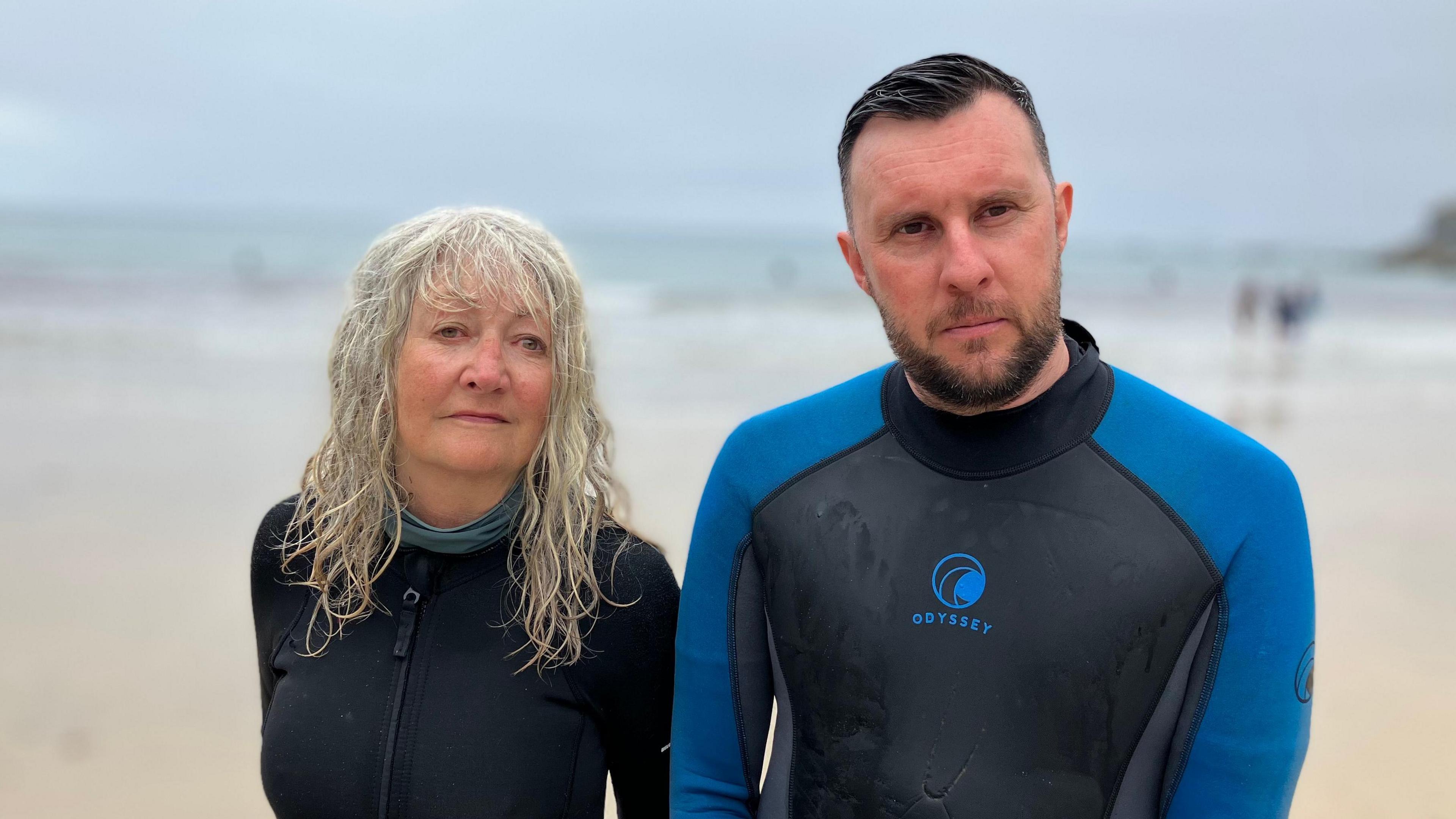
- Published15 May
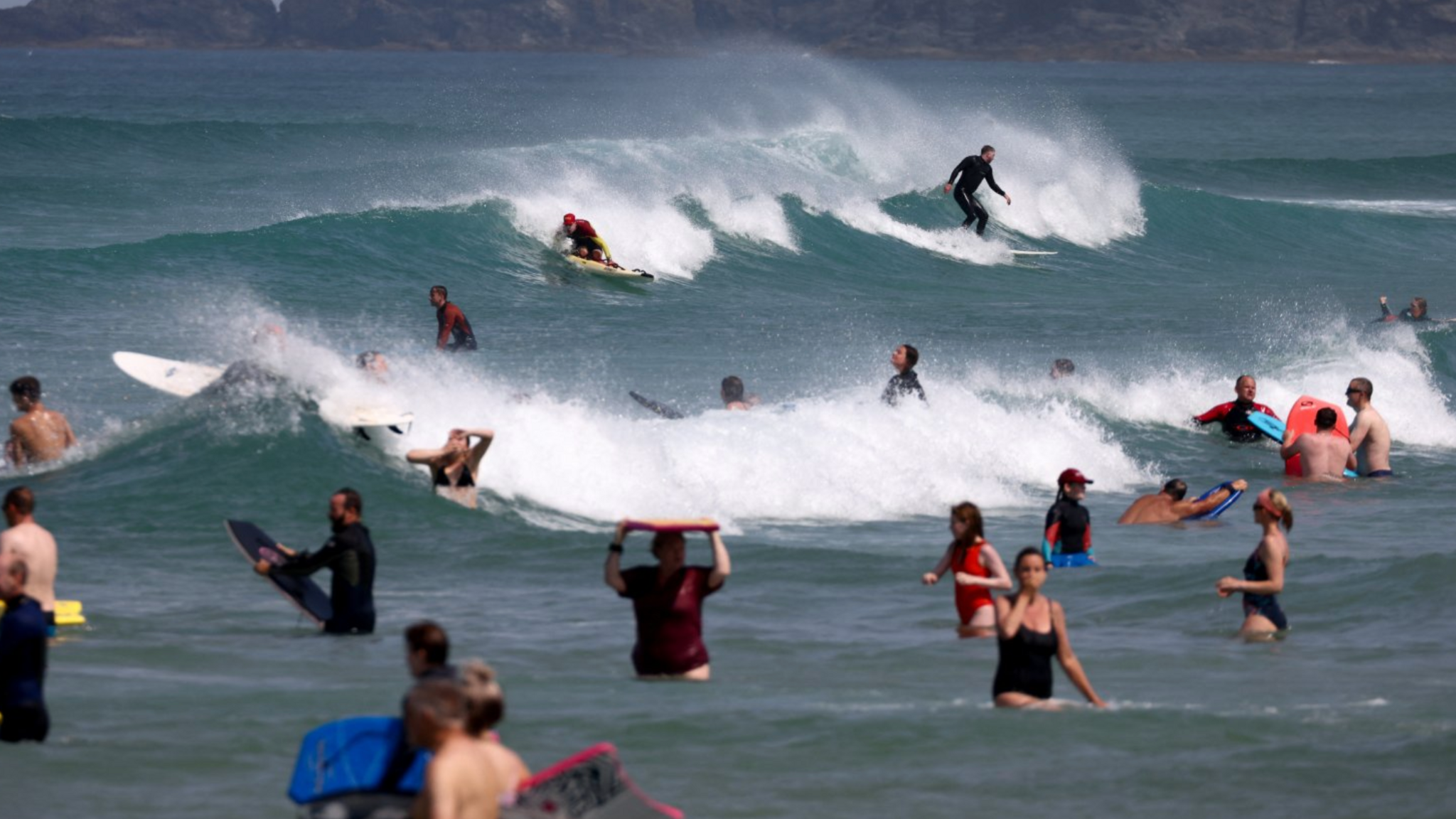
- Published12 May
